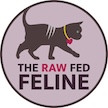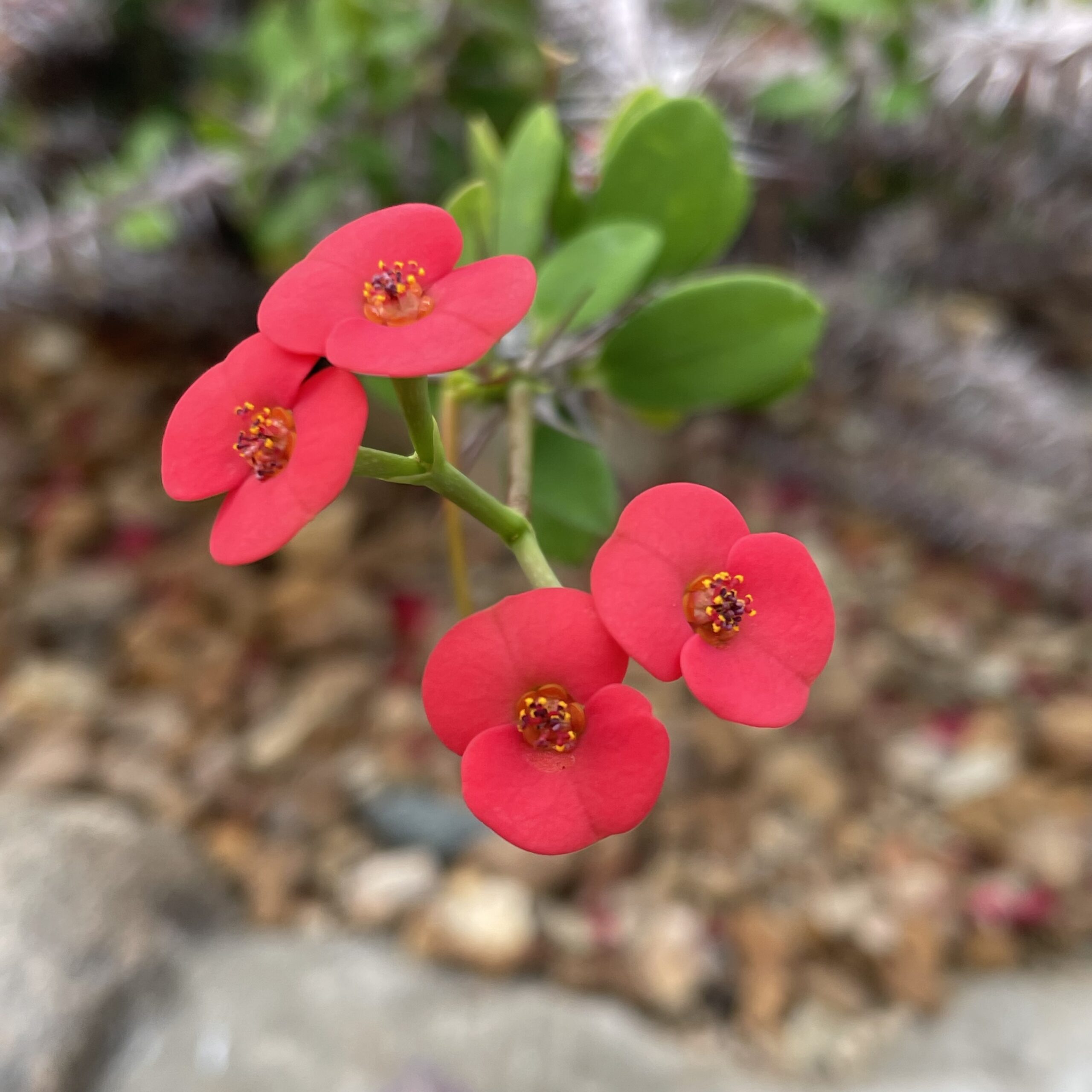Can we talk about how we talk about feline nutrition? Many people have strong feelings about what they feed their cat. Of course they do, they love their cat, want what’s best for them, and want them to live a long, healthy life. And they want to share what they’ve learned with other cat parents. But sometimes the conversation about what to feed cats gets way out of hand.
Two extremes
We need to be more mindful of how we share information about feline nutrition or we risk turning someone away from learning more. I love passionate cat parents, I really do. But screaming at the top of our lungs about what to feed cats is never helpful. There is a very real experience of cat parents feeling shamed for what they feed their cats that never feels good, nor helps anyone feel open to learning something new.
But often in response to the fear of shaming others, there is another equally unhelpful reaction that occurs. This reaction tries to make anything and everything someone feeds their cat ok. “Fed is best” is often said as an attempt to protect someone from feeling shamed about what they feed their cat. However, this comment shuts down further dialogue and takes away an important opportunity for growth and learning.
I don’t think either of these extremes—shaming someone about what they feed or making everything ok to avoid shaming—are helpful to anyone, especially our cats.
Responsibility
We can do better. We can find ways of talking about feline nutrition that do not shame and yet do not shy away from offering nutritionally sound information.
I have been a child psychologist for many years. I have had many conversations with parents about what their child needs from them and how they might shift their response to their child. These are rarely easy conversations. My aim is to offer constructive feedback without inducing shame. If I just said that anything and everything happening in the relationship with their child is ok to avoid upsetting the parents, well then, I wouldn’t really be doing my job. I would be shirking my responsibility to both the child and their parents.
I think the same is true in my role as a feline nutritionist. If I said that anything you feed your cat is ok in an attempt to protect your feelings, I don’t think I would be doing my job. I would be shirking my responsibility to both you and your cat.
I think one of my tasks is to share nutritionally sound information in a way that (hopefully) doesn’t induce shame, but rather encourages openness and curiosity. It’s not my job to tell you what to feed your cat–that is your decision. But I believe it is my responsibility to provide accurate information and appropriate options for you to consider on behalf of your cat.
Nonjudgemental & nutritionally sound
While I think a raw diet is optimal for cats, I realize that it is not for everyone or their situation. And that’s ok. Making home cooked food and/or feeding canned foods are two other viable options. Any amount of moisture rich food you can offer is beneficial to your cat.
But as a feline nutritionist, I won’t ever promote feeding an ultra processed, moisture depleted, carbohydrate heavy dry food as an appropriate option for any cat. What kind of nutritionist would I be if I suggested feeding a diet that goes against cats’ biology and contributes to disease? Not a very good one, in my opinion.
Now, does this mean I think horrible things about someone who feeds dry food? Absolutely not! I fed dry food to my previous cats for years before I knew anything different. As the saying goes, “when we know better, we can do better.” I want to invite cat parents to be curious about their cat’s diet and open to learning about ways to feed their cat that support overall health and vitality. And I can be respectful of the cat parent’s learning process and the decisions they make at the same time.
I think the cat loving community can have better conversations about cat care, including on the often heated topic of feline nutrition. Supportive, nonjudgemental, and nutritionally sound conversations can only benefit cats and their parents, and hopefully that is something that we can all agree on.


